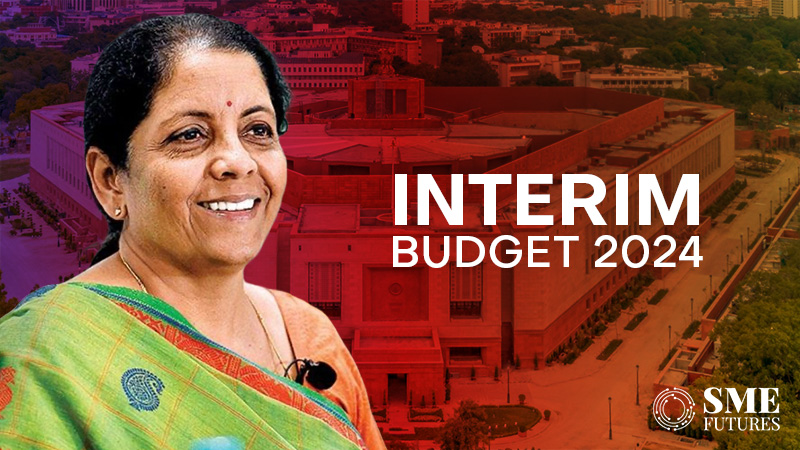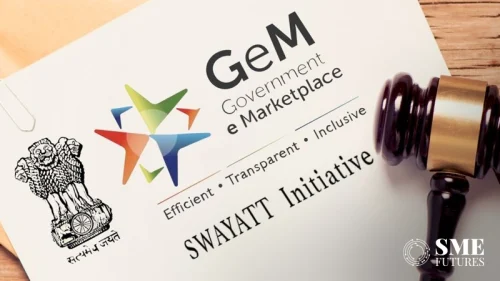As the anticipation builds for the unveiling of Interim Budget 2024, it becomes essential for people, businesses, and investors alike to familiarise themselves with key terms that will likely shape the fiscal landscape. Whether you are a finance enthusiast or simply curious about economic policies, having a grasp of these terms will enhance your comprehension of the budgetary intricacies and their potential impact on the nation. Let’s delve into the essential terms to know for Interim Budget 2024.
Fiscal Deficit:
- Definition: Fiscal deficit is the difference between the government’s total expenditure and its total revenue (excluding money from borrowings) during a specific fiscal year.
- Importance: Understanding the fiscal deficit provides insights into the government’s spending patterns and its impact on the overall economy.
Direct and Indirect Taxes:
- Definition: Direct taxes are taxes levied on individuals and businesses directly, such as income tax. Indirect taxes are imposed on goods and services, like the Goods and Services Tax (GST).
- Importance: Changes in tax rates and policies directly affect the income and spending patterns of individuals and corporations, impacting economic growth.
GDP (Gross Domestic Product):
- Definition: GDP represents the total value of all goods and services produced in a country within a specific timeframe.
- Importance: A crucial indicator of economic health, GDP growth or contraction influences government policies, employment, and overall economic stability.
Inflation Rate:
- Definition: Inflation is the rate at which the general level of prices for goods and services rises, eroding purchasing power.
- Importance: The inflation rate guides policymakers in formulating monetary policies to maintain price stability and support economic growth.
Subsidies:
- Definition: Subsidies are financial aids provided by the government to support specific industries or to make essential goods and services more affordable for the public.
- Importance: Understanding subsidy allocations sheds light on the government’s priorities and its efforts to address economic disparities.
Capital Expenditure:
- Definition: Capital expenditure refers to government spending on the creation, acquisition, or enhancement of physical assets like infrastructure.
- Importance: It reflects the government’s commitment to long-term development and economic growth.
Revenue Expenditure:
- Definition: Revenue expenditure covers the daily operational costs of the government, such as salaries, maintenance, and interest payments.
- Importance: Distinguishing between revenue and capital expenditure provides insights into the government’s budgetary discipline and financial health.
Trade Deficit/Surplus:
- Definition: Trade deficit occurs when a country’s imports exceed its exports, while trade surplus is the opposite.
- Importance: The trade balance influences currency values, foreign exchange reserves, and the overall economic health of the nation.
Public Debt:
- Definition: Public debt is the total amount owed by the government, including internal and external borrowings.
- Importance: Managing public debt is crucial for maintaining fiscal sustainability and avoiding economic instability.
Current Account Deficit/Surplus:
- Definition: The current account measures a country’s trade balance, including goods, services, and transfers.
- Importance: A current account deficit may indicate higher imports than exports, impacting the overall economic stability.
Staying informed about these key terms will empower you to better comprehend the intricate details of Interim Budget 2024 and the broader economic landscape. As the budget unfolds, the significance of these terms will become evident, influencing financial decisions and shaping the trajectory of the nation’s economy.











